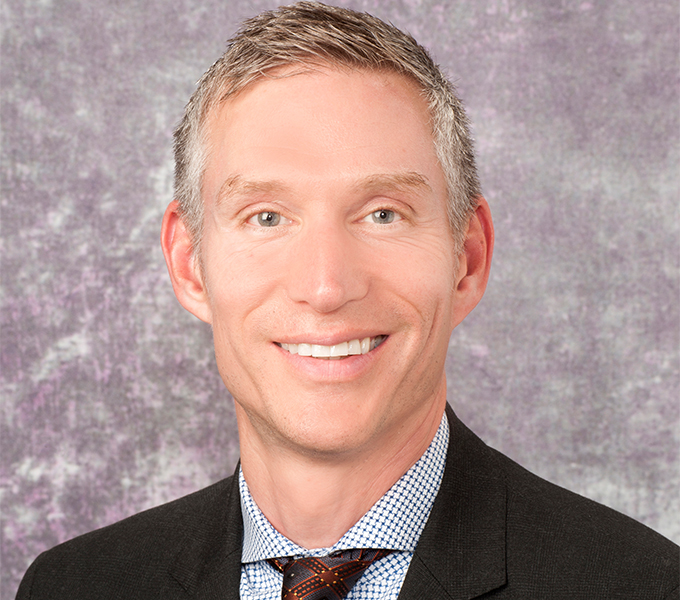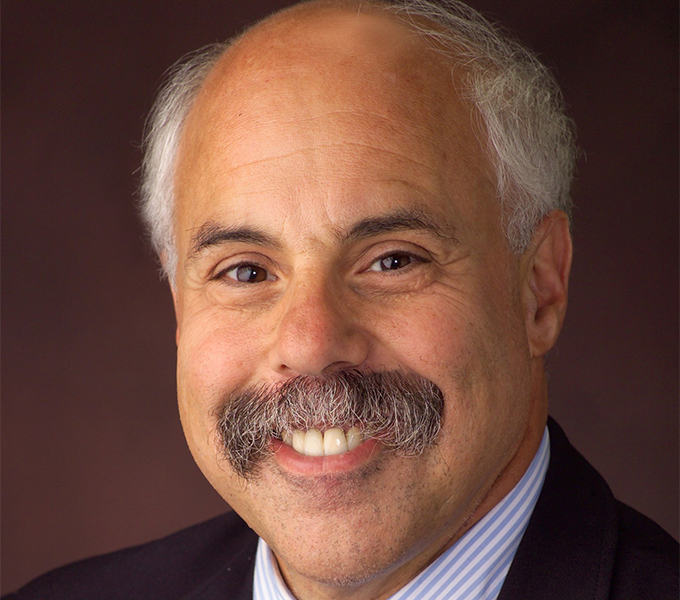 |
Franklyn P. Cladis, MD, MBA, FAAP
|
 |
Peter J. Davis, MD
|
Overview
The UPMC Children’s Hospital of Pittsburgh (CHP) anesthesiology clinical division provides both anesthesiology and surgical perioperative care. The main CHP Hospital was one of the first fully digital hospitals in the nation and sits on a 10-acre, environmentally sustainable campus in the Lawrenceville neighborhood of Pittsburgh. In addition to the Lawrenceville Campus, CHP also has an outpatient surgical center in Wexford (CHP North). The Wexford surgical center was specifically designed for family-centered care for surgical patients. Anesthesiology services are provided every day of the week. CHP pediatric anesthesiologists and CRNAs are responsible for all perianesthetic care at Wexford.
The CHP Acute perioperative pain service cares for a large number of patients at both the Lawrenceville and Wexford locations. In addition to the use of patient-controlled analgesia, epidural local anesthetics, and pediatric caudal anesthetics, the administration of regional blocks with and without catheters is now routine. Common pediatric blocks include paravertebral, upper and lower extremity, transabdominal, rectus sheath blocks, along with lumbar and thoracic epidurals for thoracic and upper abdominal surgeries. Almost all regional blocks are performed under ultrasound guidance with or without nerve stimulation. The CHP acute pain service has improved patient care and provides fellow training opportunities.
Inpatient chronic pain patients are covered by our Chronic Pain consult service. The CHP chronic pain outpatient clinic treats patients at the Lawrenceville campus, CHP North, and the new CHP campus in Bridgeville. The CHP chronic pain program incorporates a multidisciplinary approach to patient care and involves the services of behavioral health, physical therapy, and physical medicine and rehabilitation.
Other specialty anesthesiology service divisions at CHP include abdominal organ transplantation, radiology, and cardiology. The abdominal organ transplantation anesthesiologists also provide transplant anesthesia for pediatric patients undergoing liver transplantation at pediatric facilities in Virginia, North Carolina and Florida.
The Anesthesiology Department at CHP has a pediatric sedation service, a pediatric cardiac anesthesia service that provides care for patients undergoing open heart procedures and patients undergoing diagnostic and/or interventional procedures in the cardiac catheterization lab, and a pediatric anesthesiology radiology service that covers off-site locations that involve MRI, invasive radiology, PET scan, CT, nuclear medicine, and radiation therapy.
Education and Training
Under faculty supervision, CHP pediatric anesthesiology fellows prepare and present teaching activities, including mini-lectures, core lectures, and case conferences. Fellows participate in the care of our most complex patients and spend time on all of the subspecialty service lines. Anesthesiology residents spend three months at CHP during their third post-graduate year (PGY-3) for clinical training. Additional time in pediatric anesthesiology can be elected during the PGY-4 year. Faculty members actively participate in medical student courses, including introduction to medicine (a first-year course), clinical problem-based learning (second year), clinical skills (third year), and various anesthesiology clerkships for third- and fourth-year students. The pediatric anesthesiology education programs provide training for Critical Care Medicine fellows, pediatric dentists, emergency medicine residents, and nurse anesthesia students rotating through the service.
In addition to the anesthesiology residency program, we have a five-year, ACGME-approved combined anesthesiology/pediatric residency. This program accepts one resident per year. Program applicants go through a separate match as fourth-year medical students.
The ACGME-approved pediatric anesthesiology fellowship program trains nine one-year fellows. The program also provides the opportunity for fellows to complete an additional 12-month fellowship in pediatric cardiac anesthesia.
Further information on our medical student and residency programs and the pediatric anesthesiology fellowship is available in the education section of the website.
Research
Research efforts at CHP focus on pediatric anesthetic pharmacology, respiratory physiology, and outcomes-based protocols. Clinical trials are also conducted and are an active research component at CHP.

